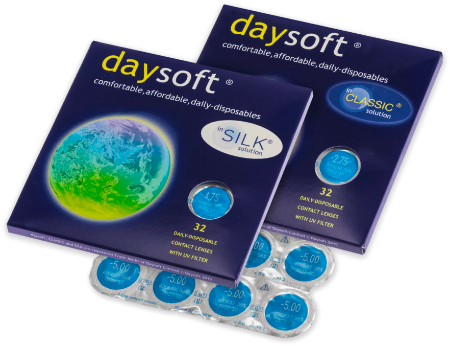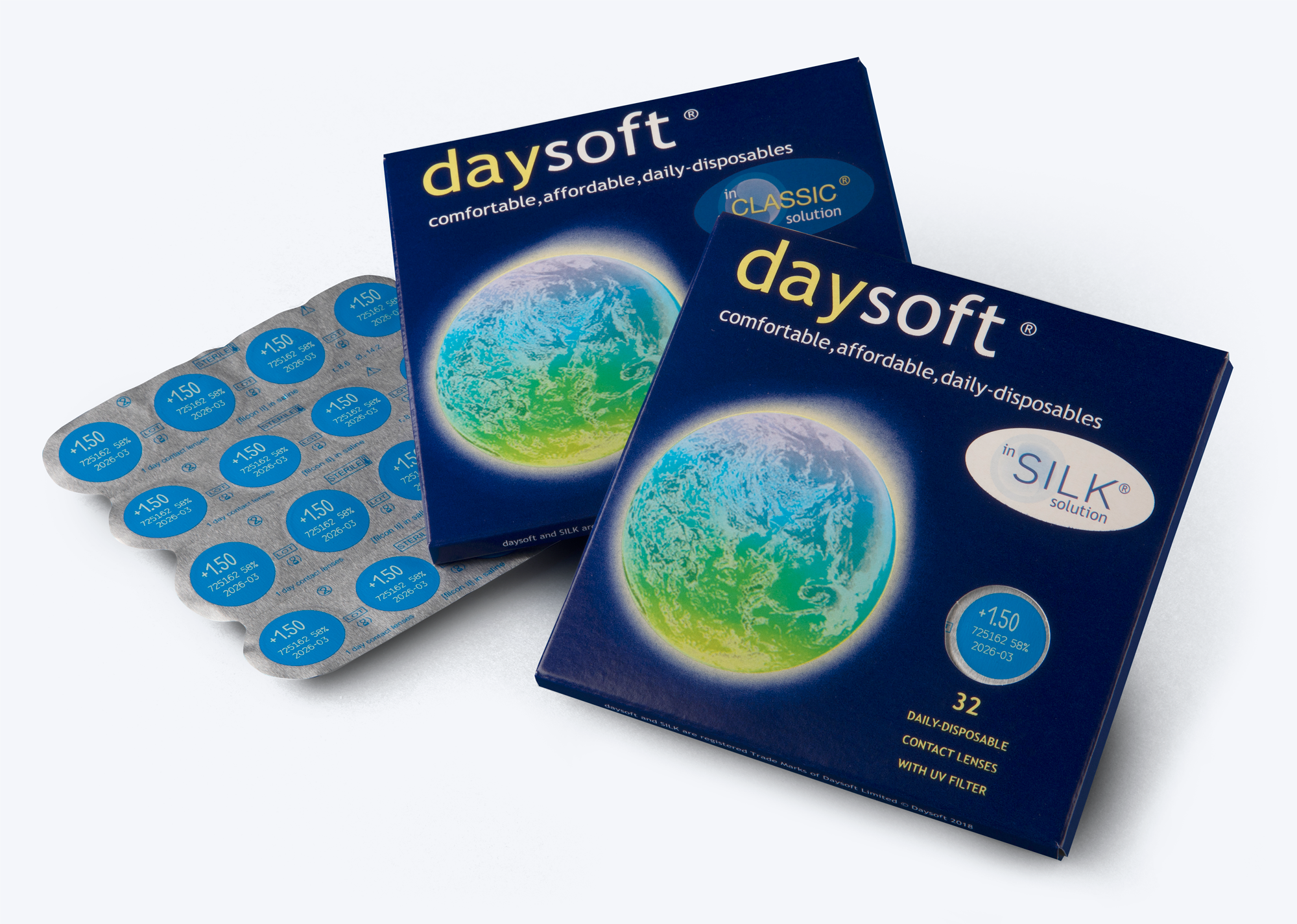Our eyesight is often something we take for granted – until there’s something wrong with it. But the 250 people who will start to lose their sight today – that’s the equivalent of one person every six minutes – may never know that half of all sight loss is avoidable.
National Eye Health Week aims to address this by focusing on the essential need for sight tests and their role in preserving our vision.
Here’s why having an eye test is so important and how to keep your eyes healthy in between appointments.
What is National Eye Health Week?
Every year, between 18 and 24 September, the UK observes National Eye Health Week, an initiative aimed at raising awareness about the importance of eye health and encouraging individuals to take proactive steps to maintain their vision.
This week serves as a vital reminder of the significance of regular sight tests, not only for vision correction but also for the early detection of eye conditions that could potentially lead to vision loss.
Why do we need National Eye Health Week?
Some people may not be giving their eye health proper attention. It might not seem a big deal to occasionally skip your annual eye test, but it plays a crucial role in detecting conditions like cataracts, glaucoma and age-related macular degeneration.
When being lax over keeping up with eye appointments is combined with the fact that at least 2.2 billion people globally have a vision impairment, the problem is compounded. The pandemic didn’t help, either. The shift to remote work means we’re now more likely to spend extended hours with our screens for work and leisure, leading to an increase of worsening eye problems like shortsightedness.
There is some hope, however. When identified and addressed in a timely manner, these issues can be managed effectively, helping safeguard our vision.
Why do I need a sight test?
Sight tests, also known as eye examinations, are not just for those who wear glasses or contact lenses. Experts advise a sight test every two years, or more often if their eyecare practitioner recommends it.
They are fundamental for everyone, regardless of age or existing eye conditions. Here’s a reminder to book that eye appointment.
Detection of eye conditions
Sight tests can identify eye conditions such as glaucoma, cataracts, diabetic retinopathy and macular degeneration in their early stages when they are more manageable. Early detection and treatment can prevent vision loss.
Vision correction
If you wear glasses or contact lenses, regular sight tests ensure your prescription is up to date, helping you see clearly and comfortably.
General health indicator
Eye examinations can also reveal underlying health conditions such as diabetes and high blood pressure, as changes in the blood vessels at the back of the eye can be indicative of these issues.
Children’s eye health
Regular eye exams are crucial for children to detect and correct vision problems that may affect their learning and development.
To understand the state of your eye health and how often you should have a sight test, you can use Vision Matter’s Eye Health Questionnaire. This tool helps you assess your risk factors and determine your recommended testing frequency.
How to look after your eyes
In addition to regular sight tests, adopting a healthy lifestyle can contribute significantly to maintaining good eye health. Use the Eye Health Calculator to estimate the impact of your lifestyle choices on your vision health and follow these guidelines:
Don’t smoke
Smoking can increase the risk of age-related macular degeneration and cataracts. Quitting smoking can have a positive impact on your eye health.
Eat the rainbow
A diet rich in antioxidants, vitamins and minerals like omega-3 fatty acids can help protect your eyes. Include foods like leafy greens, fish and colourful fruits and vegetables in your diet. Learn more about Which Foods Are Good For Your Eyes.
Get sweaty
Physical activity promotes good circulation, which is beneficial for your eyes. It also helps to maintain a healthy weight, reducing the risk of obesity-related eye conditions.
Just one or two glasses
Excessive alcohol consumption can increase the risk of developing cataracts. Moderation is key to maintaining eye health.
Protect from UV
Protect your eyes from harmful ultraviolet (UV) rays by wearing sunglasses that block out 100% of UVA and UVB rays. UV exposure can contribute to cataracts and other eye conditions.
Watch your screen time
Staring at your screen can result in digital eye strain, characterised by symptoms like dry eyes, headaches and blurred vision. Relieve your eyes by using the 20-20-20 rule. Every 20 minutes, looking at something 20ft away for 20 seconds. And don’t forget to blink! Discover more ways to help your eyes relax with The Low-Down On Eyes and Screens: How To Avoid Eye Strain.
Wear the right prescription
Contrary to popular belief, wearing prescribed glasses or daily disposable contact lenses does not worsen your eyesight. If you neglect to wear them, you run the risk of experiencing headaches.
Lighten up
Working or reading in areas with insufficient lighting can make your eyes work harder, leading to eye strain, discomfort and poorer vision. Ensure you have good lighting, often called ‘task lighting’, to create comfortable conditions for reading and working.
During National Eye Health Week, take the opportunity to prioritise your vision health. Schedule a sight test, use the provided tools to assess your eye health, and make positive lifestyle choices to protect your eyes for years to come.
Remember, your vision is a precious gift, and taking care of your eyes is essential for a brighter future. Prioritising your eye health isn’t just a matter of convenience, it’s a fundamental aspect of your overall wellbeing.



